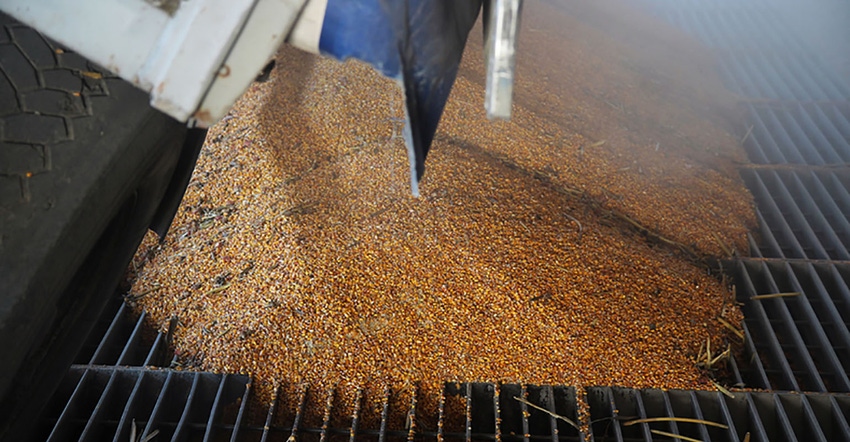February 1, 2021

The life of a farmer is impacted by a multitude of factors that are outside of his or her control. Some of these factors include insufficient rainfall, excess moisture, insects, weeds, markets, exchange rates, logistics costs, fuel costs, wind, foreign trade, domestic policy changes, environmental regulation, feed costs, animal health, export demand – just to name a few.
As owners of farming operations there are a lot of hats that we may wear, but if you boil it down, the main job is to manage through these risks. And if we want to keep doing this job well into the future, we need to be able to do this in a profitable way. After all, farming is a business.
Many farmers do an excellent job at managing production risk. They are constantly honing their skills and using technology to boost yields and reduce input costs. Instead of managing the crop field by field, we can manage it acre by acre. Why are we doing this? Because we have found value in controlling the controllable. We use technology to get the right amount of nitrogen on the right acres. We control the seed spacing. We monitor the fields for insects and weeds to keep the plants healthy.
We do this because while there are some variables out of our control, we can produce a better crop if we actively manage the portions we can control.
On the other hand…
While we are laser focused on managing the production and input side of the business, why does the marketing side look more like a roulette table at the local casino? Sure, some of this may be more educated bets. Maybe we try to listen to all the radio shows, websites, chat rooms, and other sources to gather information to make better decisions.
The difficulty is, human nature will often kick in and we tend to gravitate towards information that supports the decision that our mind is already leaning towards. It’s called confirmation bias.
There is a better way to approach this. We can approach the marketing side with a similar approach we take on the production side, by controlling the controllable. We can learn the tools that are available today to manage the price the market gives us. We can spend less time trying to guess what the market is going to do and instead find ways to establish a good price with flexibility to enhance or improve our position.
It’s not complicated
These plans do not have to be complicated. Often the simplest plans executed consistently over time can yield good results over the long run.
We have seen a nice rally in several markets over the last few months. For many growers this is an opportunity to lock in profitability to start a year that we have not seen for a while.
Make the decision whether this will be another year at the blackjack table or if this is the year you are going to learn to approach the marketing side of the business in the same manner that you approach the production side -- by controlling the controllable.
Contact Advance Trading at (800) 664-2321 or go to www.advance-trading.com.
Information provided may include opinions of the author and is subject to the following disclosures:
The risk of trading futures and options can be substantial. All information, publications, and material used and distributed by Advance Trading Inc. shall be construed as a solicitation. ATI does not maintain an independent research department as defined in CFTC Regulation 1.71. Information obtained from third-party sources is believed to be reliable, but its accuracy is not guaranteed by Advance Trading Inc. Past performance is not necessarily indicative of future results.
The opinions of the author are not necessarily those of Farm Futures or Farm Progress.
About the Author(s)
You May Also Like






